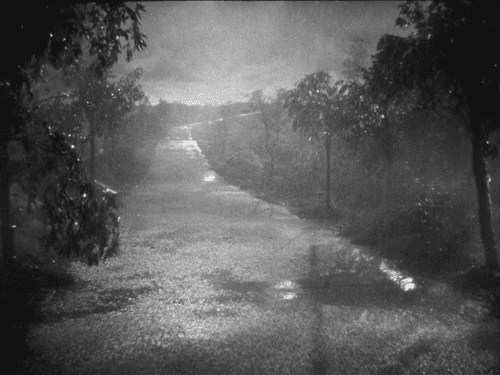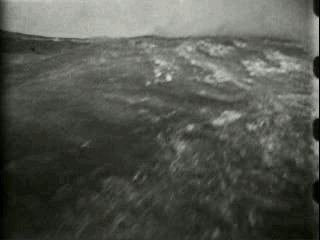"Early Morning Rain"
by Gordon Lightfoot
In the early morning rain with a dollar in my hand
With an aching in my heart and my pockets full of sand
Now, I'm a long way from home and I miss my loved ones so
In the early morning rain with no place to go
Out on runway number nine a big 707's set to go
But, I'm stuck here in the grass where the cold wind blows
Now, the liquor tasted good and the women all were fast
Well, there she goes, my friend, well she's going down at last
Hear the mighty engines roar - see the silver bird on high
She's away and westward bound - far above the clouds she'll fly
There the morning rain don't fall and the sun always shines
She'll be flying over my home in about three hours time
This old airport's got me down - it's no earthly good to me
'cause I'm stuck here on the ground as cold and drunk as I can be
You can't jump a jet plane like you can a freight train
So, I'd best be on my way in the early morning rain
You can't jump a jet plane like you can a freight train
So, I'd best be on my way in the early morning rain
""Early Morning Rain" (sometimes "Early Mornin' Rain") is a song composed and recorded by Canadian singer-songwriter Gordon Lightfoot. The song appears on his 1966 debut album Lightfoot! and in a re-recorded version on the 1975 compilation Gord's Gold.
Lightfoot composed the song in 1964, but the genesis of the song took root during his sojourn in Westlake, Los Angeles during 1960. During this time Lightfoot became homesick and would go out to the Los Angeles airport on rainy days to watch the approach of aircraft. The imagery of the flights taking off into the overcast sky was still with him when in 1964, about five years later he was caring for his 5-month-old baby son and he thought “I’ll put him over here in his crib, and I’ll write myself a tune.”
"Early Morning Rain" was the result.
The lyrics suggest someone down on his luck, standing at an airport fence and observing the thunderous takeoff of a Boeing 707 jetliner. The general narrative of the song can be taken as a jet-age musical allegory to a hobo of yesteryear lurking around a railroad yard attempting to surreptitiously board and ride a freight train to get home. Lightfoot reflects that being able to capture this narrative was due to his steady improvement as a song writer."
Source: wikipedia































